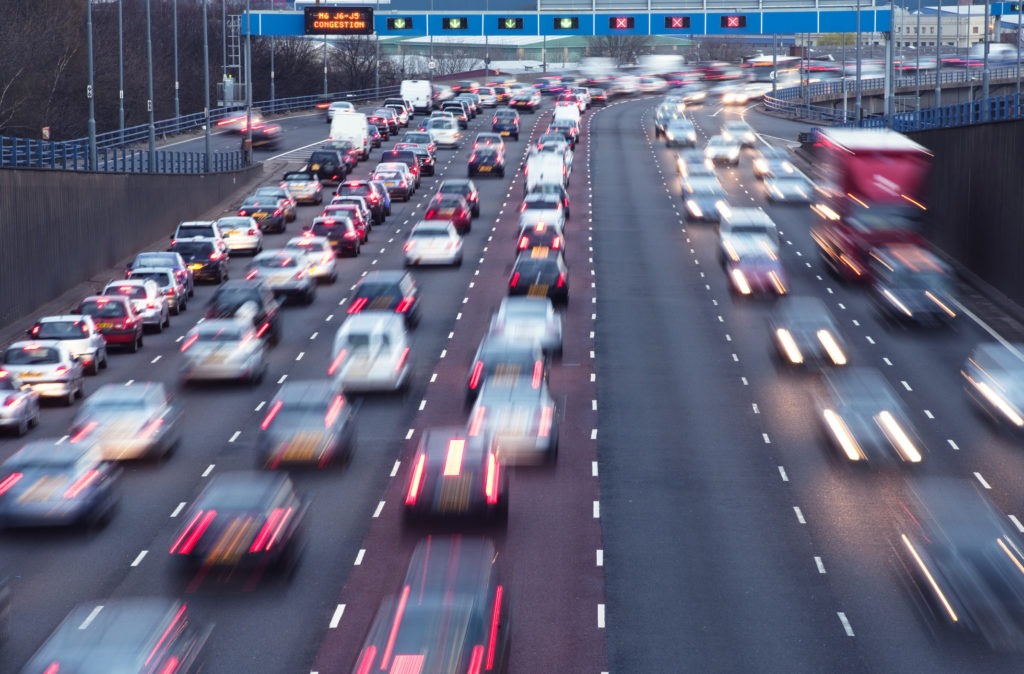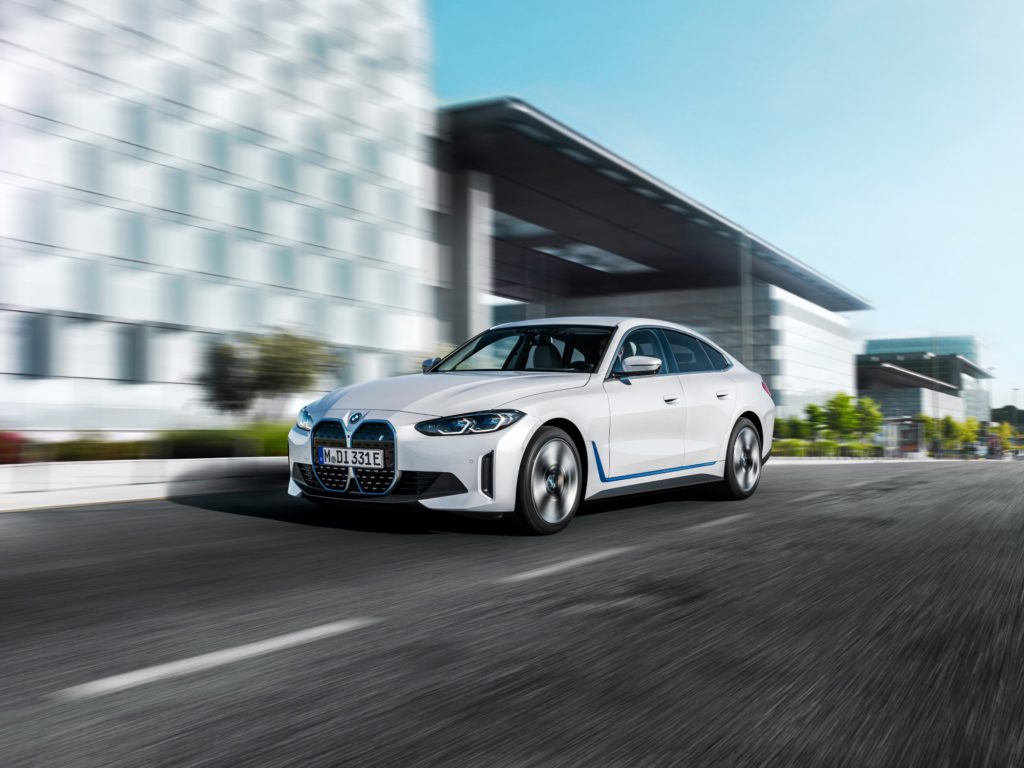UK new-car market strengthens in January, with impressive electrified-vehicle growth
04 February 2022

The UK new-car market exhibited modest signs of improvement in January. But the environment is challenging as supply remains constrained and rising inflation, energy costs, and interest rates squeeze household budgets. Autovista24 senior data journalist Neil King considers the latest developments and outlook.
In total, 115,087 new cars were registered in the UK last month, according to data released by the Society of Motor Manufacturers and Traders (SMMT). This equates to year-on-year growth of 27.5%, but the base of comparison is incredibly low. National lockdowns in England and Scotland were announced on 5 January 2021, with ongoing restrictions across the rest of the UK. At the time, the SMMT highlighted the month as being ′the worst start to the year since 1970.’
The volume in January was 25% lower than the 10-year monthly average (between 2011 and 2020). Yet the positive year-on-year growth rate is welcome after the double-digit declines in recent months. Furthermore, Autovista 24 calculates that the seasonally-adjusted annualised rate (SAAR) rose to 1.74 million units in January, its highest level since August.
‘Given the lockdown-impacted January 2021, this month’s figures were always going to be an improvement, but it is still reassuring to see a strengthening market,’ said SMMT chief executive Mike Hawes.
Outlook revisions
Aside from ongoing supply constraints, which are not expected to ease until the second half of 2022, there is mounting pressure on UK household budgets as energy costs, inflation, and interest rates rise. Furthermore, a tax hike has been announced for April.
However, the market positivity in January has led Autovista24 to subtly increase its 2022 forecast to just shy of 1.9 million new-car registrations. This equates to year-on-year growth of 15.1%. A further recovery, close to 2.1 million units, is predicted for 2023, 10% up on 2022.
Coincidentally, in its latest quarterly update, the SMMT revised its forecast downwards to just under 1.9 million registrations in 2022. ‘The latest market outlook was set against the uncertain economic environment caused by COVID-19, supply-chain issues - notably for semiconductors in the automotive industry - a cost-of-living squeeze, a rising manufacturing cost base, now upward trajectory for interest rates, and with tax rises to take effect in April,’ the association noted. The SMMT is slightly more bullish in its outlook for 2023, forecasting 2.13 million registrations.
One in three electrified
Registrations of electrically-chargeable vehicles (EVs) were especially buoyant last month. There was 130% year-on-year growth in registrations of battery-electric vehicles (BEVs), with plug-in hybrids (PHEVs) up 47%. The combined 20.4% share of EVs was double that of diesel cars, including mild-hybrid diesels, and represented a further improvement on the 18.5% share achieved in full-year 2021. ‘With 13,492 HEVs [hybrid-electric vehicles] also registered, almost one in three new cars joining British roads in January was electrified,’ the SMMT noted.
Hawes added that ‘Once again it is electrified vehicles that are driving the growth, despite the ongoing headwinds of chip shortages, rising inflation and the cost-of-living squeeze. 2022 is off to a reasonable start, however, and with around 50 new electrified models due for release this year, customers will have an ever-greater choice, which can only be good for our shared environmental ambitions.’

One in four ‘with a plug’ in 2022
The association also announced that average CO2 emissions from new cars fell by 11.2% in 2021, to their ‘lowest ever recorded level of 119.7g/km.’
‘Cutting CO2 even further, however, will require more drivers to switch to electric and other zero-emission technologies. One of the obstacles remains perceptions of a lack of charging infrastructure, which must be built ahead of demand – and that demand is increasing exponentially. Furthermore, as manufacturers strive to bring down the costs of these new technologies, government support through purchase incentives and reduced motoring taxes can help accelerate the take-up so that the road-transport sector can meet society’s net-zero timeline.’
In its latest market outlook, the SMMT forecasts 470,000 EV registrations in the UK in 2022, 54% more than in 2021. Based on a total new-car market of 1.9 million units, this means that ‘almost one in four new cars would come with a plug.’



